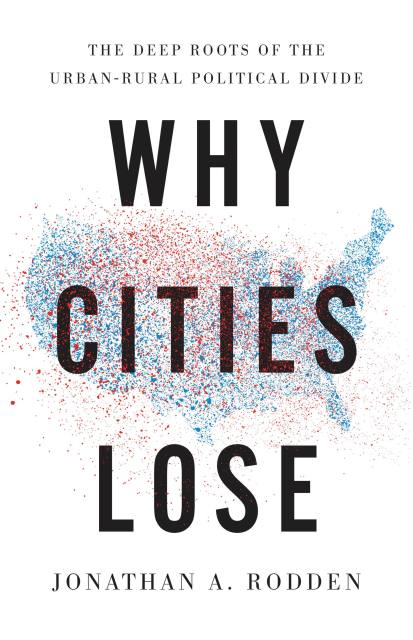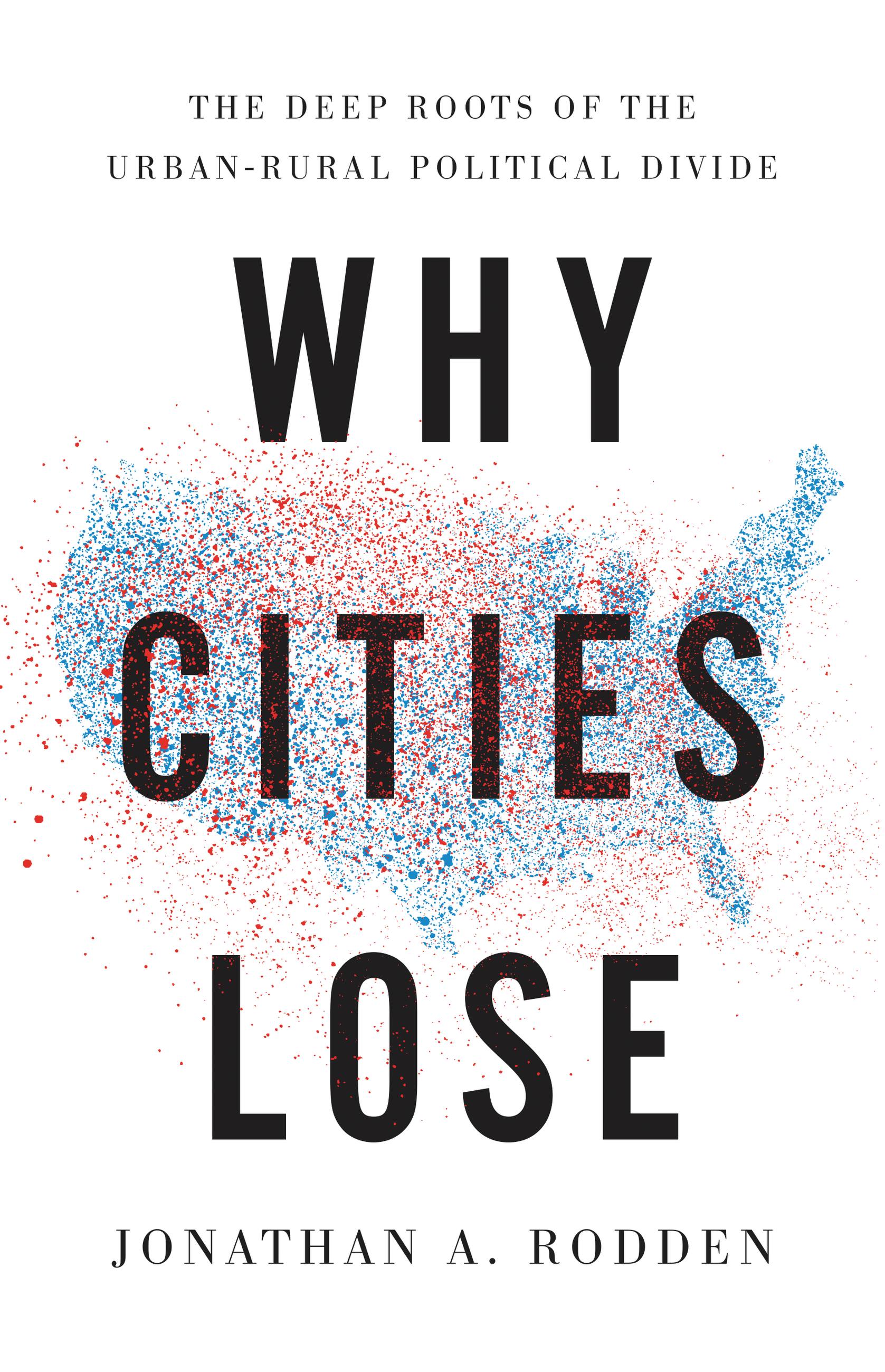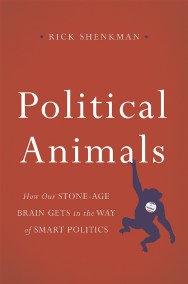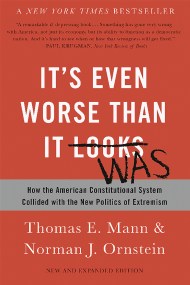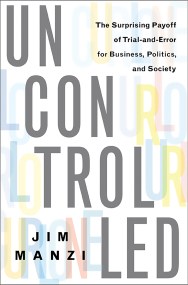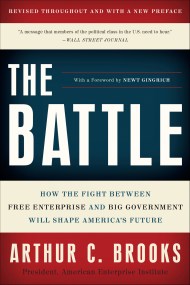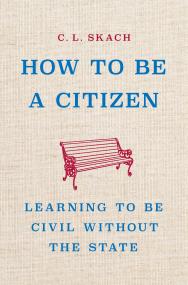By clicking “Accept,” you agree to the use of cookies and similar technologies on your device as set forth in our Cookie Policy and our Privacy Policy. Please note that certain cookies are essential for this website to function properly and do not require user consent to be deployed.
Why Cities Lose
The Deep Roots of the Urban-Rural Political Divide
Contributors
Formats and Prices
Price
$18.99Price
$24.99 CADFormat
Format:
- ebook $18.99 $24.99 CAD
- Hardcover $30.00 $38.00 CAD
This item is a preorder. Your payment method will be charged immediately, and the product is expected to ship on or around June 4, 2019. This date is subject to change due to shipping delays beyond our control.
Also available from:
Why is it so much easier for the Democratic Party to win the national popular vote than to build and maintain a majority in Congress? Why can Democrats sweep statewide offices in places like Pennsylvania and Michigan yet fail to take control of the same states' legislatures? Many place exclusive blame on partisan gerrymandering and voter suppression. But as political scientist Jonathan A. Rodden demonstrates in Why Cities Lose, the left's electoral challenges have deeper roots in economic and political geography.
In the late nineteenth century, support for the left began to cluster in cities among the industrial working class. Today, left-wing parties have become coalitions of diverse urban interest groups, from racial minorities to the creative class. These parties win big in urban districts but struggle to capture the suburban and rural seats necessary for legislative majorities. A bold new interpretation of today's urban-rural political conflict, Why Cities Lose also points to electoral reforms that could address the left's under-representation while reducing urban-rural polarization.
Newsletter Signup
By clicking ‘Sign Up,’ I acknowledge that I have read and agree to Hachette Book Group’s Privacy Policy and Terms of Use
